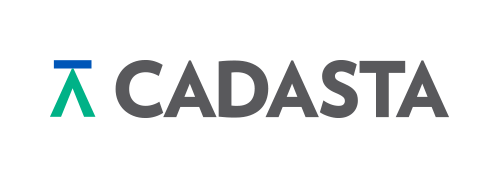OpenStreetMap Zambia
OpenStreetMap (OSM) Zambia used Cadasta’s tools to document the property rights of an informal settlement in the town of Mufulira, Zambia.
Following a brief remote training by Cadasta’s staff, OSM trained thirty community members — nearly half of whom were women — to collect land rights information using Cadasta’s tools. Despite little experience using smartphone technologies, the team was able to record the rights of over five thousand households and properties in just two weeks.
The data collected by OSM Zambia will be presented to the local government council to assist in planning and infrastructure delivery, and to allow for the formalization of some land rights.
Based on OSM’s feedback, Cadasta has added features to the development plan to allow for more rapid data collection and report creation for OSM Zambia.
Learn More





